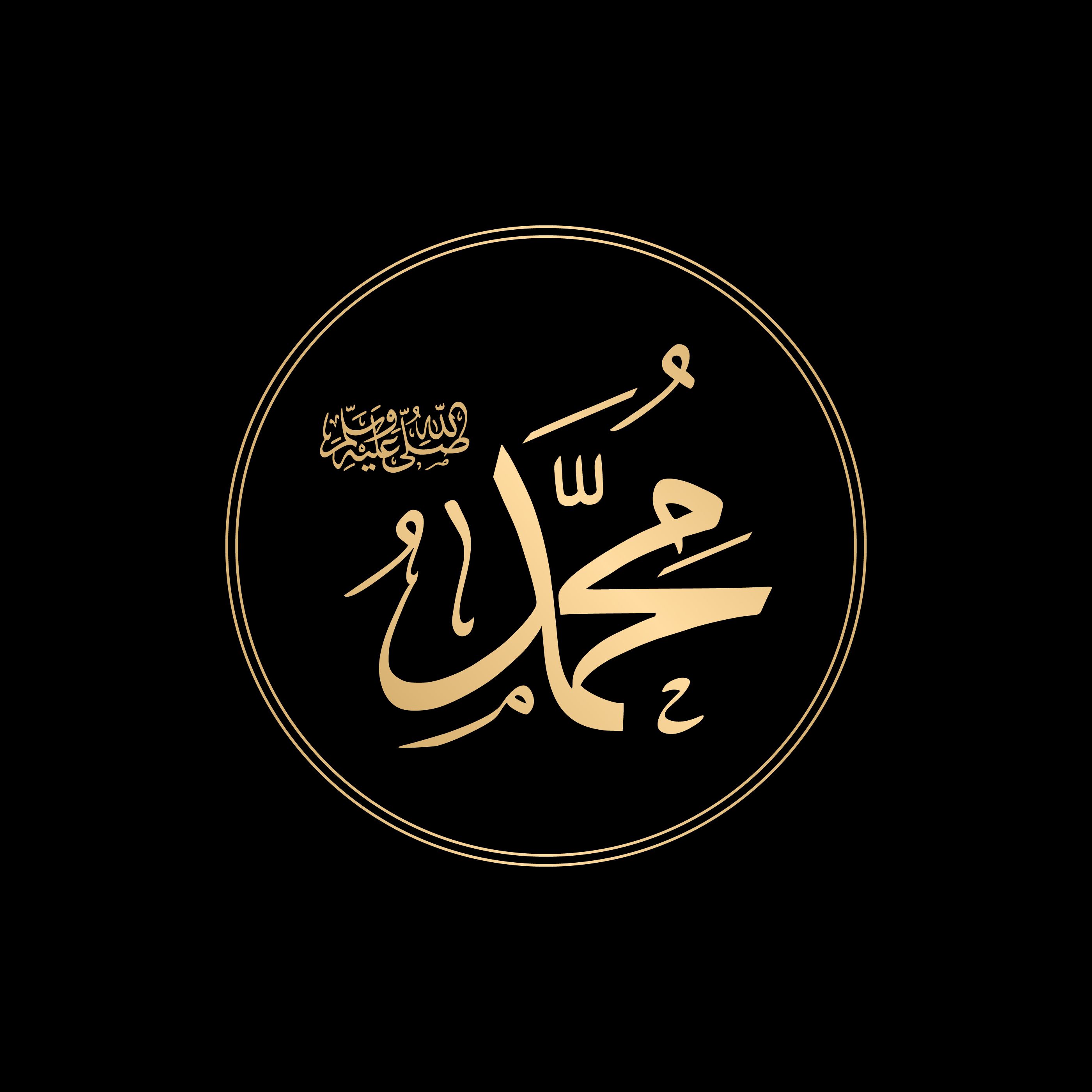
Muhammad, Prophethood, Revelation, Qur’an, Messenger of Allah
Introduction:
The name Muhammad ﷺ is among the most mentioned in the world, yet also one of the most misunderstood.Muslims revere him not as a divine being, but as the final Prophet and Messenger of Allah, sent to guide humanity with the message of pure monotheism (Tawheed) — the worship of one God. He is the man through whom the Qur’an was revealed, whose life serves as the perfect example of faith, morality, justice, and compassion.This article introduces who Prophet Muhammad ﷺ truly was, why Muslims follow him, and how his life continues to impact billions today.
Birth and Early Life:
Prophet Muhammad ﷺ was born in Makkah (modern-day Saudi Arabia) around 570 CE, into the noble tribe of Quraysh.His father, ‘Abdullah ibn ‘Abdul-Muttalib, passed away before his birth, and his mother, Aminah bint Wahb, died when he was just six years old.He was raised by his grandfather and later by his uncle Abu Talib.Even before prophethood, he was known among his people as “Al-Amīn” (the Trustworthy) for his honesty, fairness, and integrity.
The Call to ProphethoodAt the age of 40, while meditating in the cave of Hira, Muhammad ﷺ received the first revelation through the angel Jibrīl (Gabriel):> “Read in the name of your Lord who created…”— Surah Al-‘Alaq (96:1)This marked the beginning of his 23-year mission as the final Messenger of God, confirming the messages of Abraham, Moses, and Jesus (peace be upon them all).
The Message of Islam: Prophet Muhammad ﷺ called people to the same timeless truth preached by all prophets: “Worship Allah; you have no deity other than Him.”— Surah Al-A‘raf (7:59)His mission was not to found a new religion, but to restore the original message of monotheism that had been altered or forgotten over time. The essence of his message included:
1. Oneness of God (Tawheed) — Allah alone deserves worship.
2. Righteous conduct — truthfulness, justice, mercy, and humility.
3. Accountability — belief in the Hereafter and responsibility for one’s deeds.
4. Equality of all humans — regardless of race, tribe, or status.
5. Peace and compassion — “The most merciful are shown mercy by The Most Merciful.” (Hadith)
Opposition and Perseverance:
The early years of his mission in Makkah were met with severe hostility. He and his followers were mocked, tortured, and boycotted because his message challenged the idol-worship and social injustices of the time. Despite persecution, he responded with patience and forgiveness, never abandoning his message or compromising his integrity.After 13 years of struggle in Makkah, he and his followers migrated to Madinah — an event known as the Hijrah (Migration) — marking the beginning of the Islamic calendar.
The Prophet as a Leader:
In Madinah, Prophet Muhammad ﷺ became:A spiritual leader — teaching faith and devotion.A political leader — establishing justice and rule of law.A military leader — defending the community from aggression.A reformer — uplifting women, orphans, and the poor.He established the Constitution of Madinah, one of the first written charters guaranteeing rights and coexistence between Muslims, Jews, and other tribes.
Character and Morality: The Qur’an describes him as:> “And indeed, you are of a great moral character.”— Surah Al-Qalam (68:4)He was gentle, forgiving, humble, and generous. He mended clothes, served his family, and never sought revenge for personal harm.When his enemies were finally defeated, he entered Makkah without pride or vengeance, declaring forgiveness for all. “No blame will there be upon you today. May Allah forgive you; He is the Most Merciful of the merciful.”— Qur’an 12:92 (words of Prophet Yusuf, repeated by Muhammad ﷺ upon conquest)
The Final Revelation: Shortly before his death, the Prophet ﷺ delivered his Farewell Sermon during his final pilgrimage (Hajj). It summarized the entire message of Islam: “O people, your Lord is One, and your father (Adam) is one.An Arab has no superiority over a non-Arab, nor a non-Arab over an Arab, except by piety.”— Hadith (Musnad Ahmad)Soon after, he received the final revelation:> “Today I have perfected your religion for you, completed My favor upon you, and chosen Islam as your religion.”— Surah Al-Ma’idah (5:3)He passed away in 632 CE at the age of 63, leaving behind a complete, preserved faith and a global community of believers. Was Muhammad Truly a Prophet?Muslims believe Muhammad ﷺ’s prophethood is proven by:
1. The Qur’an itself — unmatched in eloquence, consistency, and preservation.
2. Fulfilled prophecies — in the Qur’an and authentic Hadiths.
3. His personal example — unmatched moral character and sincerity.
4. The transformation he led — from idol-worship to ethical monotheism.
5. Predictions in earlier scriptures — such as Deuteronomy 18:18 and John 14:16, which describe a coming prophet like Moses.
What the Qur’an Says About Him: “Muhammad is not the father of any of your men, but he is the Messenger of Allah and the Seal of the Prophets.”— Surah Al-Ahzab (33:40)> “And We have not sent you except as a mercy to the worlds.”— Surah Al-Anbiya (21:107)He was not sent to one nation or tribe, but to all humanity, as a messenger of mercy, truth, and justice.
Conclusion:
Prophet Muhammad ﷺ was a messenger, reformer, teacher, and mercy to mankind — not a god or a man seeking power.His message was universal, timeless, and clear:> “Worship Allah alone and follow the guidance revealed.”Through his teachings and example, the world witnessed spiritual, moral, and social transformation unmatched in history.Muslims follow him not out of blind faith, but because his message is confirmed by revelation, reason, and the enduring legacy of good he left behind.
References:
- Qur’an 33:40, 21:107, 68:4, 5:3
- Sahih al-Bukhari & Sahih Muslim — Authentic Hadith collections.
- “Ar-Raheeq Al-Makhtum” (The Sealed Nectar) by Safiur Rahman al-Mubarakpuri
- “Muhammad: His Life Based on the Earliest Sources” by Martin Lings
- “The 100: A Ranking of the Most Influential Persons in History” by Michael H. Hart

Leave a Reply